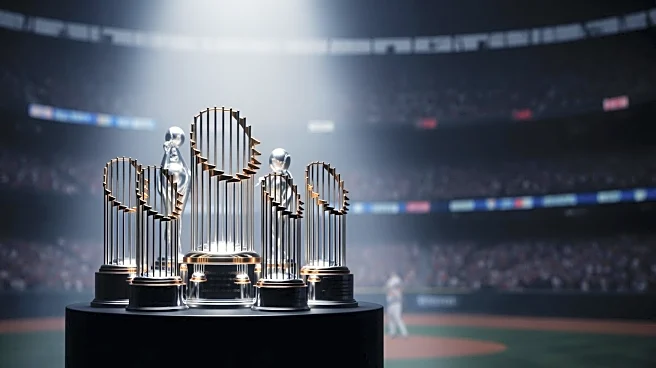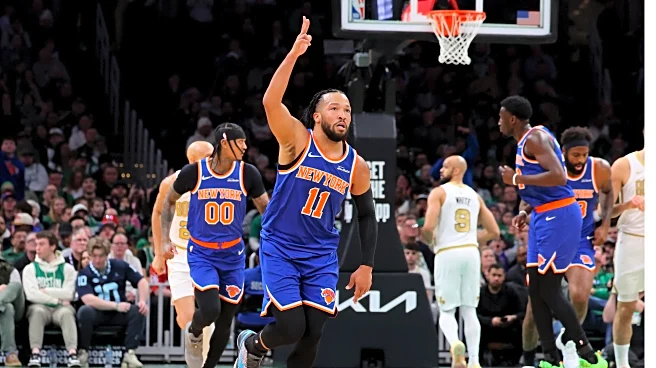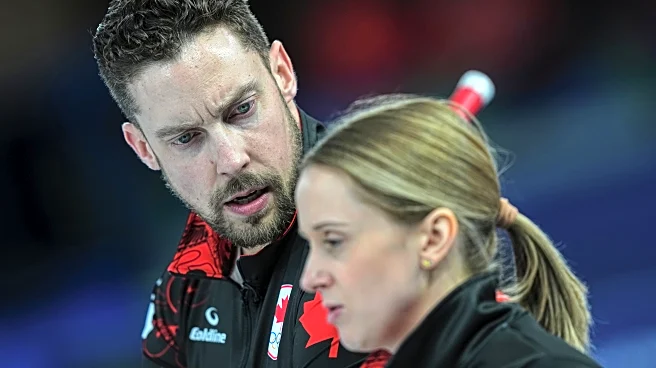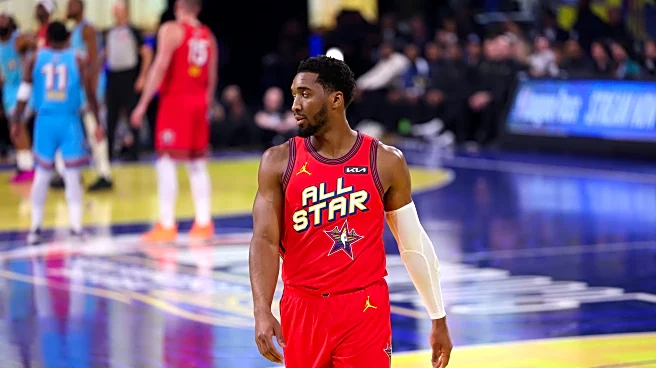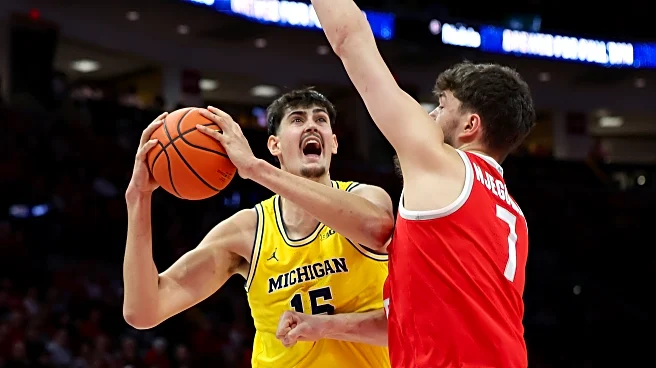What's Happening?
The Los Angeles Dodgers are at a crossroads following their recent World Series victory, as they consider the future of their aging championship core. Key players such as Freddie Freeman, Miguel Rojas,
and Max Muncy are approaching the latter stages of their careers, with ages ranging from 34 to 37. Despite their advancing years, these players remain integral to the team's success and are beloved by fans. The Dodgers' management, led by President of Baseball Operations Andrew Friedman, faces the challenge of deciding whether to retain these veterans or pursue younger talent in the free-agent market. The team's recent success has created a strong emotional bond with the players, making the decision even more complex.
Why It's Important?
The decision on whether to keep the Dodgers' aging core together has significant implications for the team's future performance and fan engagement. Retaining veteran players could ensure continuity and maintain the team's competitive edge, but it also risks potential declines in performance due to age-related factors. On the other hand, bringing in younger talent could rejuvenate the team but might disrupt the existing chemistry and fan loyalty. The outcome of these decisions will impact the Dodgers' ability to compete for future championships and their financial strategy, as they balance player salaries with potential new acquisitions.
What's Next?
The Dodgers' management will need to make critical decisions regarding player contracts and potential free-agent signings. Key players like Rojas and Kiké Hernández are free agents, and their future with the team is uncertain. The team may also explore the free-agent market for potential additions to strengthen their roster. The decisions made in the coming months will shape the Dodgers' strategy for the next season and beyond, as they aim to maintain their status as a top contender in Major League Baseball.
Beyond the Headlines
The situation highlights the broader challenge of balancing sentimentality with strategic decision-making in sports management. The Dodgers' case underscores the emotional ties between players and fans, which can influence management decisions. This dynamic is not unique to the Dodgers and reflects a common dilemma faced by successful sports teams worldwide. The outcome of the Dodgers' decisions could set a precedent for how other teams handle similar situations in the future.
